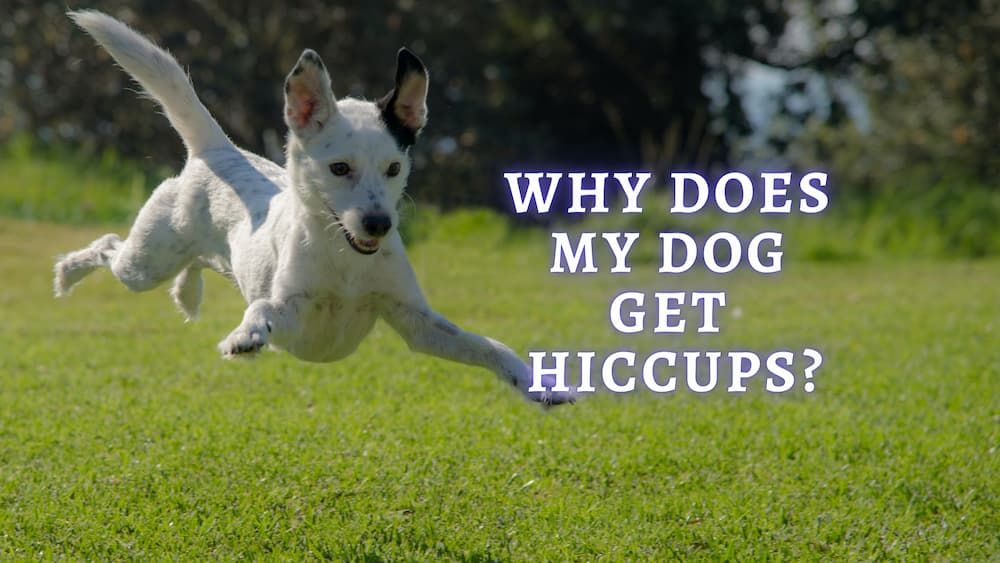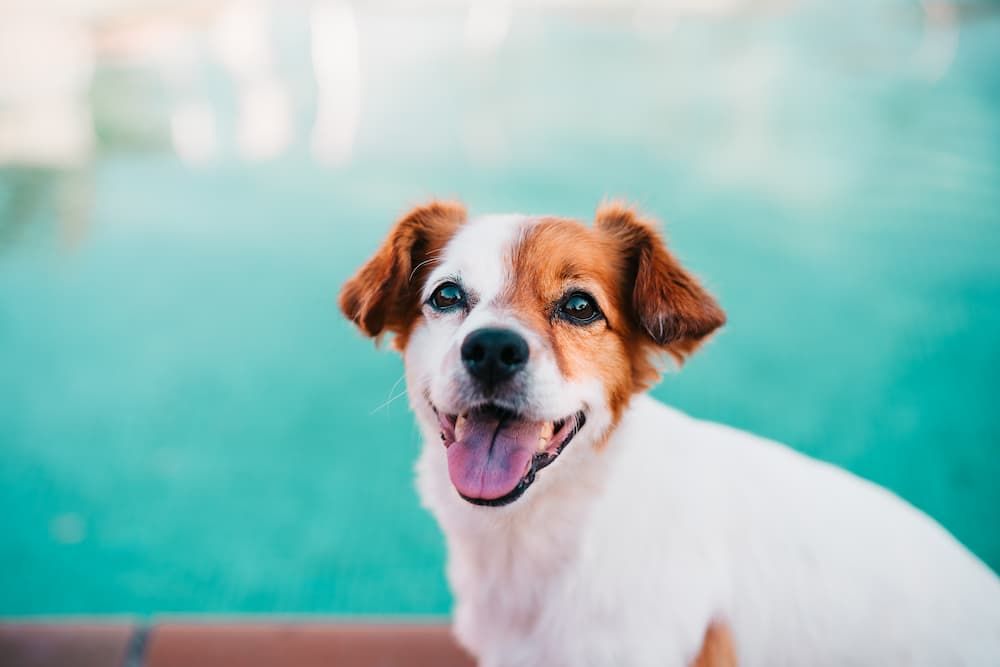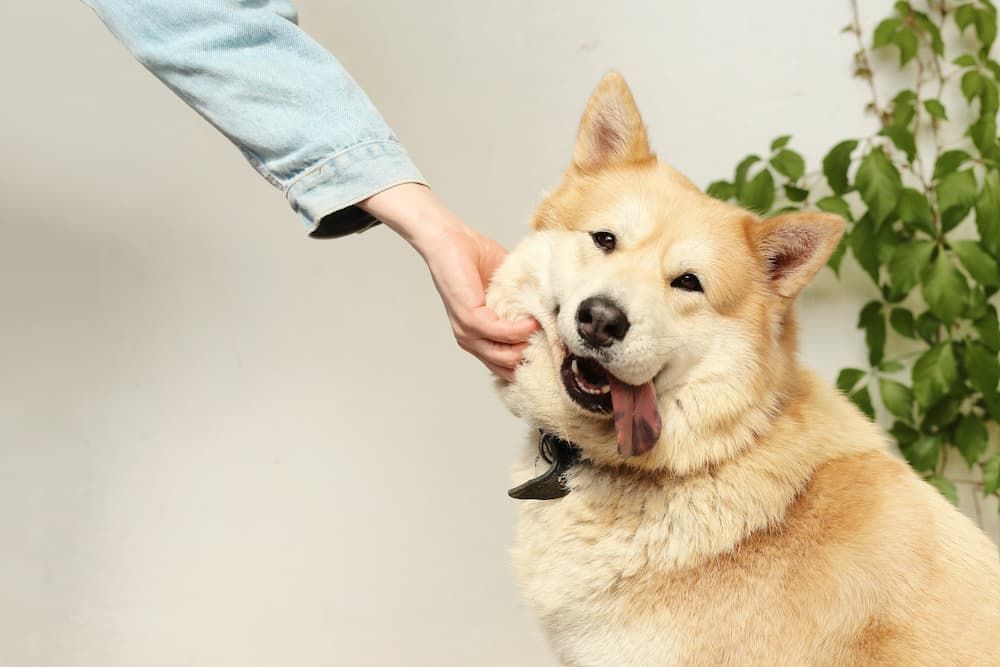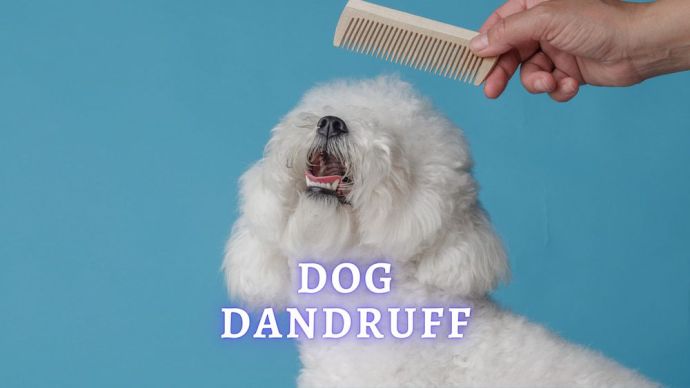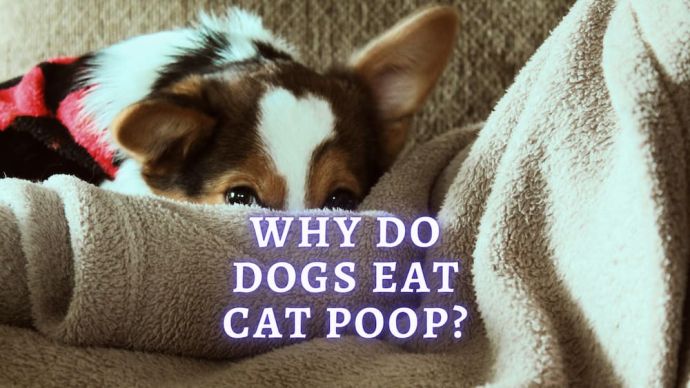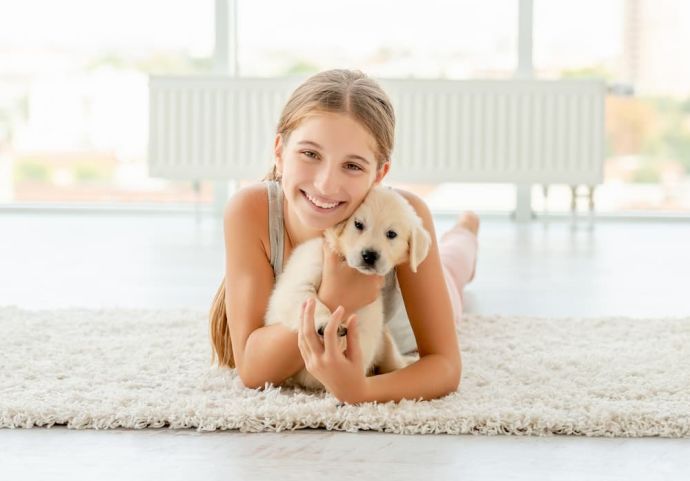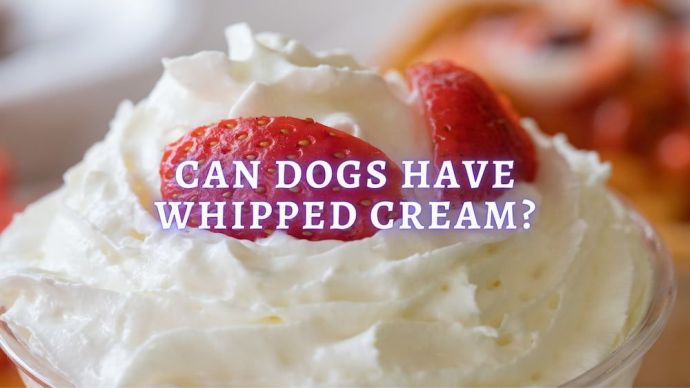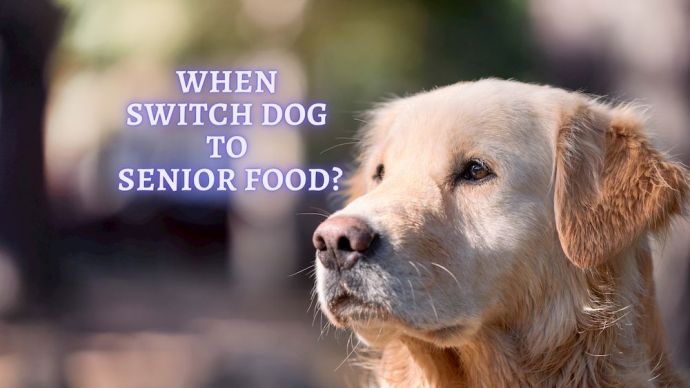Dog Hiccups: Why Does My Dog Get Hiccups?
Written by:
Author: Scott Jeffrey
Scott is a professional blogger with 12+ years of experience in writing, and holds an MA in anthropology. He has two cats as housemates. Also, Scott is passionate to research on pet-related topics such as dog training, puppy feeding, and cat health.
View all 63 articlesLearn about our editorial process and veterinary review board.
Reviewed by:
Veterinary review
by Dr. Chyrle Bonk
Dr. Chyrle Bonk is an associate veterinarian since 2010 and was a volunteer for Clearwater County Youth 4H. Dr. Bonk contributed to various animal and veterinary related websites and magazines as a way to help keep animals across the globe safe and healthy. When Chyrle not working she spends her time with her own furry crew of dogs, cats, and horses.
View all 10 articlesLearn about our veterinary review board
Viewed: 158
Updated on: 06/09/2021
When a dog experiences hiccups, many pet owners are left puzzled about what to do next and how they can react. Even if it occurs as a short-term event, many pet owners can find themselves concerned about their pet condition. Most of the time, It’s come and goes within just a few minutes, but when dogs are hiccupping more often, it can be a little more troublesome.
Read on to find out more about the latest solutions and causes of this in dogs. In addition, we want to provide you with all the latest tips and tricks for helping your dog manage their hiccups and understand why canines regularly experience them.
Do Dogs Hiccup?
Dogs experience hiccups for many of the same reasons that humans do. They occur due to a spasm of the diaphragm. [1] Spasms are usually brought on by irritations.
The problem with this irritation is that it can disrupt your pet’s natural breathing pattern, which can cause them to feel like they are out of breath. It isn’t always easy to calm your dog down, slow breathing, and make sure that they will control the spasm to catch a breath again.
Dogs can experience this due to anything from extra excitement or stress or when they suck in too much air as they are eating or drinking.
Puppy Hiccups: How to know when it is not serious?
Puppies may experience this more often than an adult pet. This is because they are more likely to get overly excited or have less control over their breathing.
Puppies that are regularly playing hard or eating very fast will often experience hiccups. Hyperactive puppies also have an increased risk because they are regularly in a state of excitement and less likely to have a calm or relaxed breathing pattern.
Why do Dogs hiccup?
The main reasons dogs will hiccup often come down to the idea of irritation in the diaphragm. Dogs will experience it when their breathing is interrupted, such as if they are startled or when they take in too much air at a time. Pet owners can help their pets progress through irritation.
One of the most common reasons is stress. When a dog experiences regular stress, there is a good chance that it will not calm down and relax its breathing. This can make it even more difficult for them to relieve it. For example, when a dog is overly stressed, hiccups might occur more often with rapid breathing and increased heart rate. A dog may also eat differently when stressed or play in a hyperactive manner.
Puppies experience it most often when they are in a hyper state or after they have eaten. When a puppy takes in extra water or air as they are eating, they face an increased chance of developing hiccups. If your puppy regularly gets this after eating, it could be a sign that they are eating too fast, and they may need a new type of feeding solution to slow their consumption rate.
How to help your Dog stop their hiccups?
If your pet is facing regular bouts of hiccups or persistently long, you can help them as a pet owner. The majority of the time, there will not be a cause for concern for regular hiccups. Most of the cures that you would use to relieve your pet of hiccups come down to calming their breathing. Pet owners can help dogs with remedies like a small spoon of maple syrup or honey. Taking a second to lick or chew the syrup helps to get a dog’s breathing under control.
Massaging your dog’s chest as they hiccup will also help them to calm down and focus on their breathing to help reduce the spasms. If you massage your dog’s chest after they eat or play, it can also prevent [2] it by promoting relaxation.
Going on a short walk around the block can help with breathing as well. A short walk can help your dog to get through with it by helping them focus on something else and help them to slow down their breathing as they walk. A mellow walk around the block is a great solution if the other hiccup remedies have failed.
READ MORE: Best Fresh Dog Food Delivery Services
When should you see a Vet for Dog Hiccups?
There are some rare cases where hiccups can be a sign of an underlying health condition.
An adult dog that regularly experiences this, especially for over 60 minutes at a time, should warrant a veterinary consultation.
DVM Chyrle Bonk
Long and persistent hiccups can be a sign that there is an issue with the lungs or the diaphragm. A veterinarian may suggest that your dog is overstressed and consider using a mild sedative or look into some other conditions that can cause a persistent hiccup.
Sometimes hiccupping can be accompanied by other breathing conditions such as persistent sneezing, heavy breathing, coughing, and more. A pet that is experiencing respiratory issues may also experience ongoing problems because their airflow will be interrupted. Pneumonia, asthma, or pericarditis will need to be ruled out if your dog is regularly hiccupping or has problems over an extended time.
Overexertion of your dog, especially on a hot day, can also trigger a serious hiccupping incident. In addition, brachycephalic breeds like bulldogs, pugs, and those with shorter muzzles will be more prone to breathing issues and hiccups when they are overexerted as well.
If you notice that your dog is overexerted, breathing heavily, vomiting, or experiencing a loss of appetite with hiccups, you should call your vet immediately. These can be signs of more serious heat exhaustion, respiratory issue, or other concern. Early intervention could save your dog if they are experiencing a major health concern.
Checking with your vet for some of these underlying medical issues can be important as they can intervene and stop the hiccupping. They can also check for underlying health conditions that could be much worse for your dog.
DVM Chyrle Bonk
FAQ
Are Hiccups for Dogs bad?
Hiccups in a dog are just as normal as they are in humans. Every dog is bound to get them from time to time. As long as it doesn’t occur regularly, and doesn’t last for more than an hour, and there aren’t any other symptoms; there’s no need to worry. However, if your dog’s hiccups turn to wheezes, difficulty breathing, coughing, or if your pup stops eating and drinking, it’s time to see your veterinarian.
Why does my Dog get the Hiccups so much?
Some dogs do seem to be more prone to hiccups than others, just like some people are. Dogs that have this more frequently seem to be those hyperexcitable, bouncing around, never sit still kind of dogs. They also tend to inhale their food rather than eat it. All of that activity and movement can trigger hiccups due to an irregular breathing pattern. Eating or drinking too quickly can also cause hiccups because these dogs will also swallow a lot of air, disrupting their breathing pattern.
Teaching your dog some simple commands, such as sit and down, can help them calm down when they get hyperexcited. Also, feeding them smaller meals or getting a slow-feeding-type dish can slow down their eating so that they’re not taking in so much air.
Do Hiccups mean a Puppy is growing?
Puppies seem to get hiccups more frequently than adult dogs for a couple of reasons. First, they tend to be more active and excitable. Second, they also tend to be jumpier, making every loud noise or sudden movement a possible cause for a respiratory disruption.
Puppies also eat more quickly and messily than adults. This is because they swallow a lot of air while they’re gulping down their chow and chasing kibble across the floor.
A puppy’s diaphragm is growing and developing just like the rest of their body. While it’s doing that, it may move a little irregular at times, leading to hiccups. Most of the time, hiccups are just something cute to watch your puppy do. However, if your puppy has hiccups that last longer than an hour or happen regularly, it’s worth being checked by your veterinarian.
Article Sources:
- M. J. Kim, et al. “Mechanics of the Canine Diaphragm.” Journal of Applied Physiology, journals.physiology.org/doi/abs/10.1152/jappl.1976.41.3.369.
- Warren, Rob. “Preventative Care for Cats and Dogs Lecture (Video).” School of Veterinary Medicine, 6 Dec. 2020, healthtopics.vetmed.ucdavis.edu/health-topics/canine/preventative-care-cats-and-dogs-lecture-video.
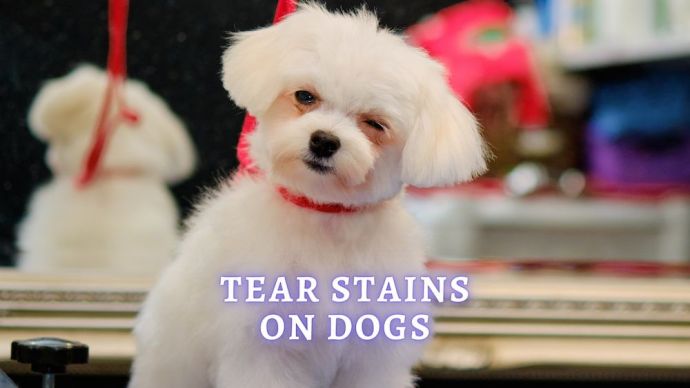 Dog Veterinary Tips Tear Stains on Dogs: How to get rid of tear stains on dogs? (Vet Advice)
Dog Veterinary Tips Tear Stains on Dogs: How to get rid of tear stains on dogs? (Vet Advice) - 80
- 0
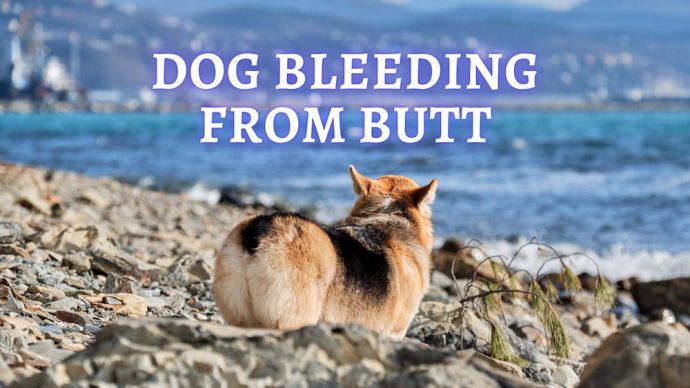 Dog Care Why Is My Dog Bleeding From Its Butt? Causes and treatment of rectal bleeding in the dog
Dog Care Why Is My Dog Bleeding From Its Butt? Causes and treatment of rectal bleeding in the dog - 15127
- 0
 Dog Veterinary Tips Why is my Dog throwing up: Causes and Preventing (Veterinary Advice)
Dog Veterinary Tips Why is my Dog throwing up: Causes and Preventing (Veterinary Advice) - 21802
- 5
 Dog Care My Dog Keeps Scratching His Mouth: Reasons Why Your Dog Scratching Face
Dog Care My Dog Keeps Scratching His Mouth: Reasons Why Your Dog Scratching Face - 17170
- 1
 Dog Care Why Is My Dog Bleeding From Its Butt? Causes and treatment of rectal bleeding in the dog
Dog Care Why Is My Dog Bleeding From Its Butt? Causes and treatment of rectal bleeding in the dog - 15127
- 0









